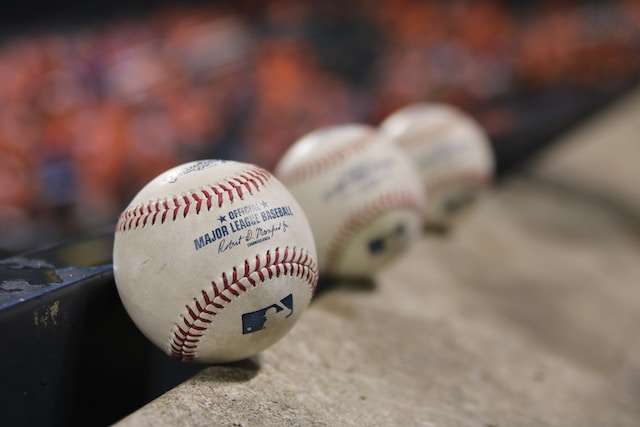Imagine a simpler time when small towns echoed with the laughter of kids chasing dreams with bat and ball. This was the birth of baseball in the early 19th century—a grassroots game played in rural areas and tight-knit communities. Its simplicity and adaptability made it a sport for everyone. This blog will explore the pivotal moments that elevated baseball to the status of America’s beloved pastime.
The Civil War Connection
Baseball found an unexpected but fervent following during the Civil War. Soldiers on both sides sought solace on the battlefield through the game, forming bonds that would endure beyond the war. As these soldiers returned home, they brought with them a shared love for baseball, spreading its popularity.
Abraham Lincoln and the First Pitch
Legend has it that even President Abraham Lincoln got in on the action, playing a form of baseball on the White House lawn during the Civil War. Whether historical fact or symbolic tale, Lincoln’s alleged involvement added a presidential stamp to the growing passion for the sport.
The Rise of Major League Baseball
In the mid-19th century, baseball formalized its rules and structure. The establishment of the National League in 1876 and the American League in 1901 marked the birthplace of today’s Major League Baseball, creating a professional platform for the sport.
The Golden Age: Babe Ruth and Beyond
The early 20th century is often called the Golden Age of Baseball. The emergence of legendary players like Babe Ruth, Ty Cobb, and Honus Wagner captured the public’s imagination. Ruth’s home run prowess turned baseball into a thrilling spectacle, and the advent of media platforms like newspapers and radio broadcasts amplified the game’s reach.
Weathering the Storm: The “Black Sox” Scandal
The infamous “Black Sox” scandal of 1919, where members of the Chicago White Sox were accused of intentionally losing the World Series, tested baseball’s resilience. However, the sport survived the scandal and emerged stronger, solidifying its place in the hearts of fans.
Modern Era and Globalization
Jackie Robinson’s entry into MLB in 1947 broke the racial barrier, marking a pivotal moment in baseball history. The expansion of MLB with new teams and the westward migration of franchises in the mid-20th century further fueled the sport’s popularity, making it a symbol of American identity.
A Universal Language: Baseball Today
In the contemporary era, baseball has become a global phenomenon. The World Baseball Classic and the influx of international players into MLB have broadened the sport’s appeal beyond American borders. Baseball has evolved into a universal language, bridging cultures and transcending geographical boundaries.

Pinpointing the exact moment when baseball became popular is akin to tracing the roots of a mighty oak—the growth is gradual, influenced by various factors over time.
Conclusion: A Legacy Passed Down Through Generations
From its humble beginnings to global stardom, the journey of baseball is a narrative of resilience, unity, and undying fan love. The fever that gripped the nation in the past is passed down through generations as a shared legacy—a reminder that baseball isn’t just a game; it’s a part of who we are.
Don’t miss out on this opportunity to delve into the fascinating stories and evolution of baseball in Des Moines. Get your copy of Steve Dunn‘s book “Pug Fireball and Company: 116 Years of Professional Baseball in Des Moines, Iowa” today.


0 Comments